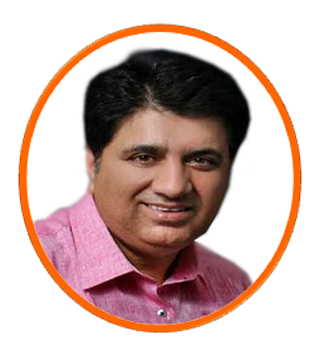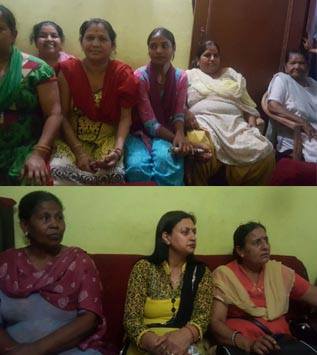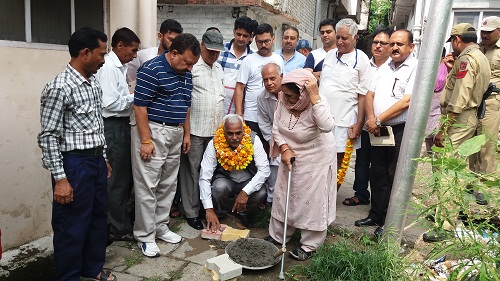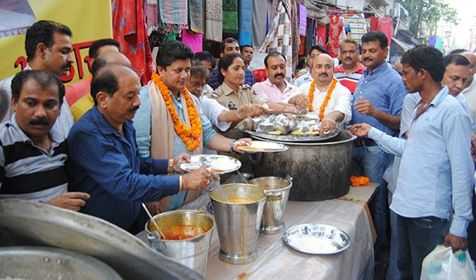State Bharatiya Janata Party has taken strong note of statement of state Advocate General in interview with The Hindu which was published and in which distorted and misleading information has been passed about Art 35 A of the constitution of India. Instead of arguing in the Supreme Court the first Law Officer of the state has chosen to address press and that too by projecting falsehood. It’s reflect very poorly on the merit of legal advice being available with the state government on important constitutional matters.
Finding fault with statement of Advocate General that Art 35 A is not part of Constitutional of India and it applies only to Jammu and Kashmir and as such it could have been introduced even without being passed by Parliament, State Bharatiya Janata Party Chief Spokesperson Sunil Sethi said that Art 35 A is undoubtedly part of Constitution of India and extends to while territory of India. It affects rights of Indian living outside Jammu and Kashmir more than so called permanent residents as right of equality guaranteed to Citizens of India has been violated by Art 35 A. It is without doubt that Art 35 A hits the basic structure of Constitution and dilutes the supremacy of Parliament as well as Judiciary when it denies even judicial review in matters affected by state subject laws.
Sunil Sethi further noted that having been introduced in Constitution in a manner which is illegal and unconstitutional, Art 35 A can’t stand the scrutiny by the Supreme Court of India and will surely meet its death at the heating of petitions by Supreme Court. The nervousness of Separatists and their supporters on the court litigation clearly reflects that truth is known to them as also anticipated outcome of litigation on merit and that is reason for making such reckless and misleading statements and also threats of agitation if Art 35 A is declares unconstitutional .
He further said that despite having services of Advocate General himself appearing in Supreme Court the state government is spending millions of rupees of tax payers in engaging number of Advocates to defend it. It reflects that state has no faith on Advocate General or his competence to deal with high stake constitutional matters.




